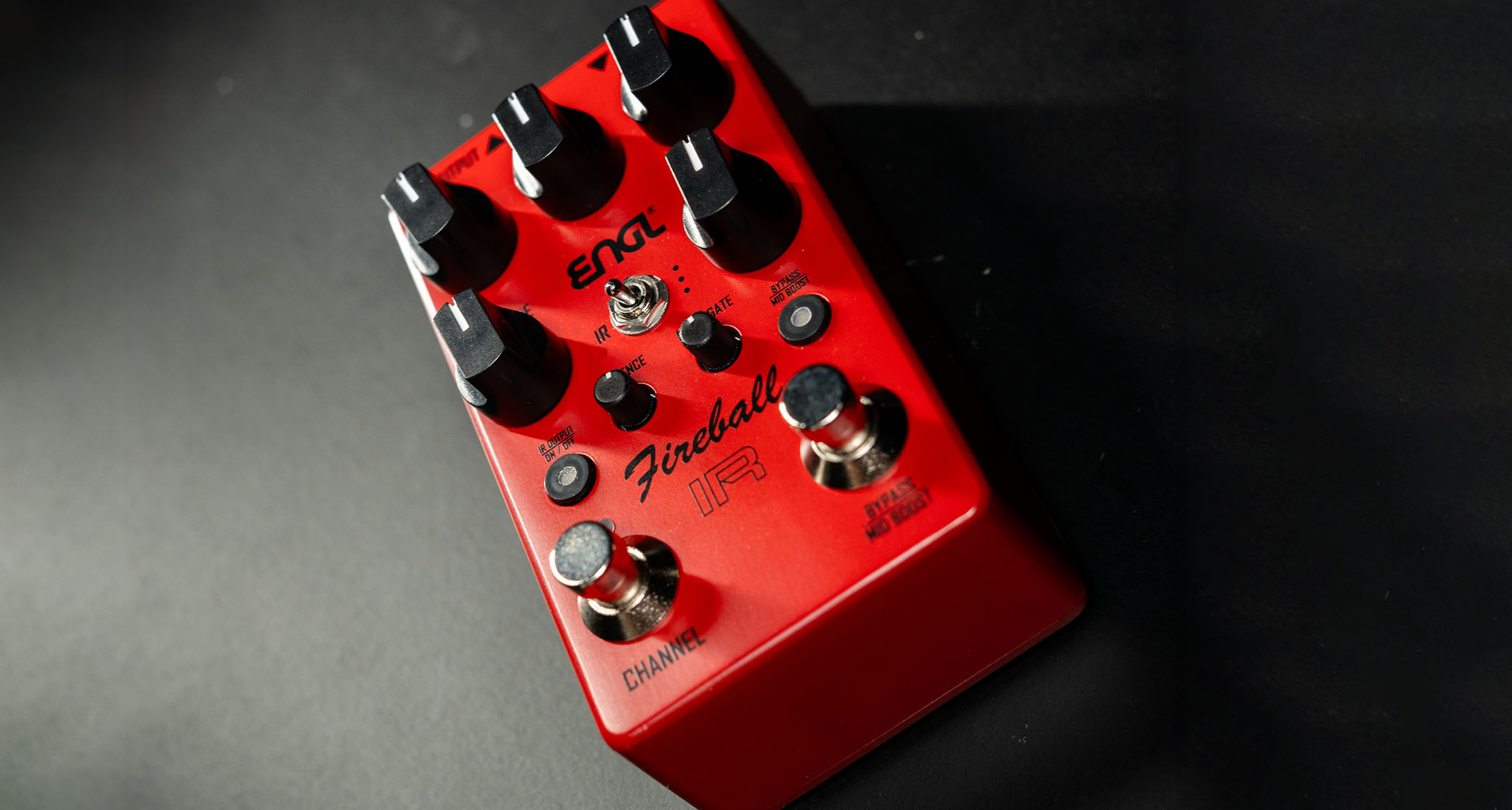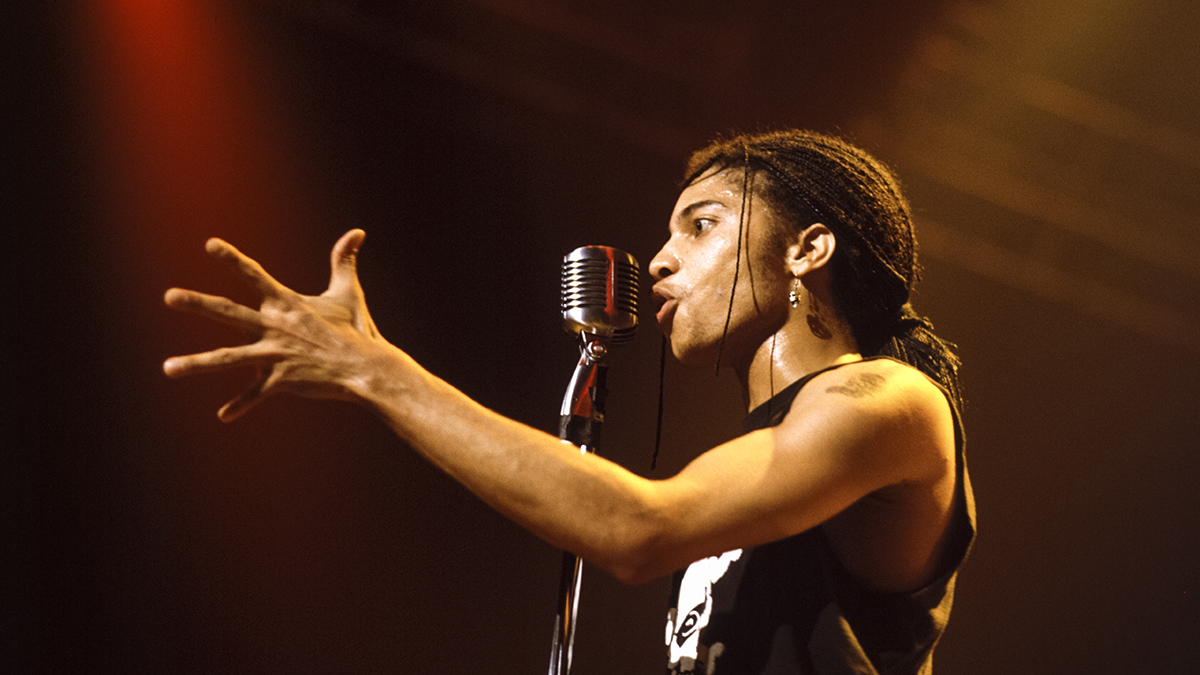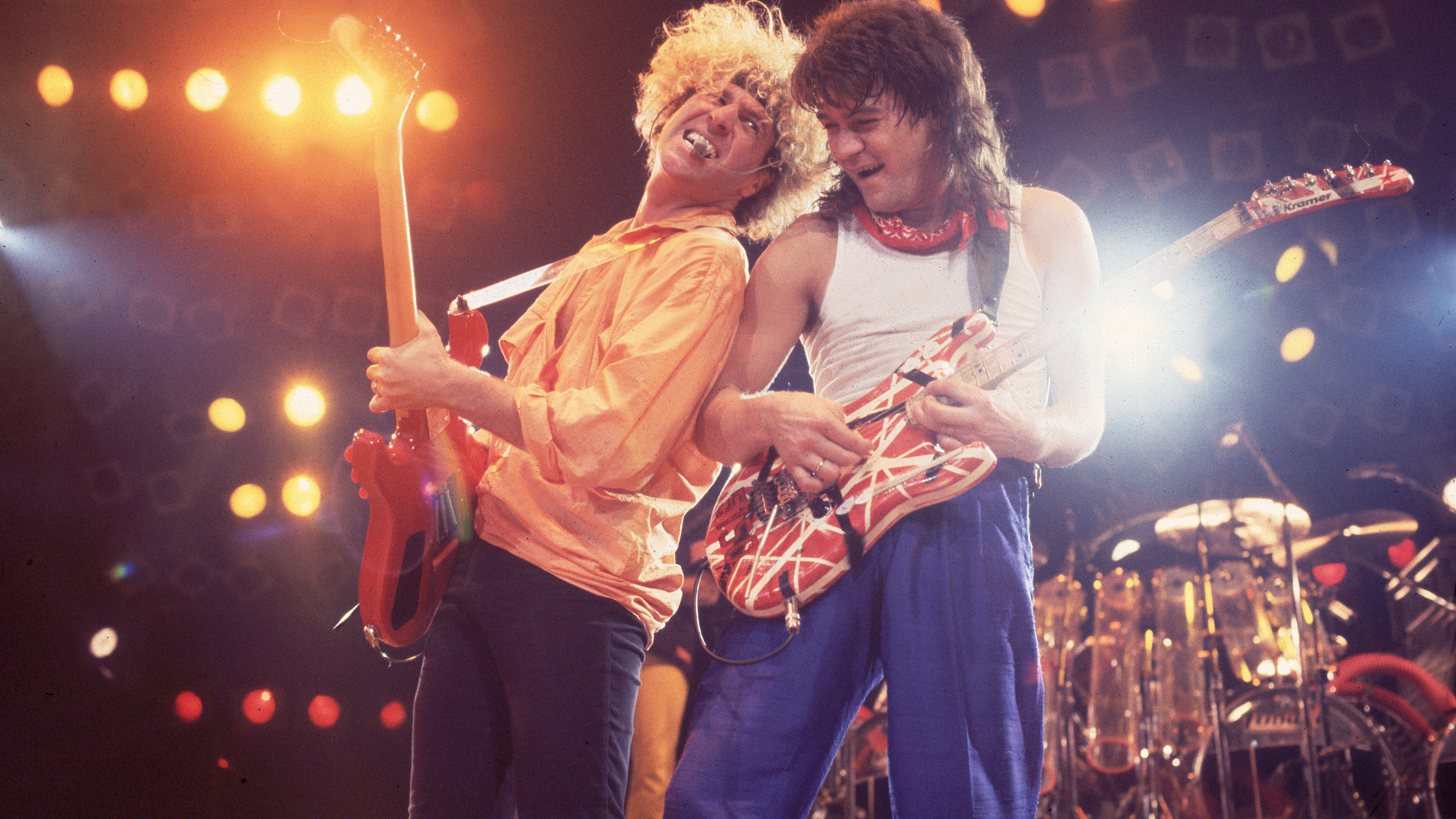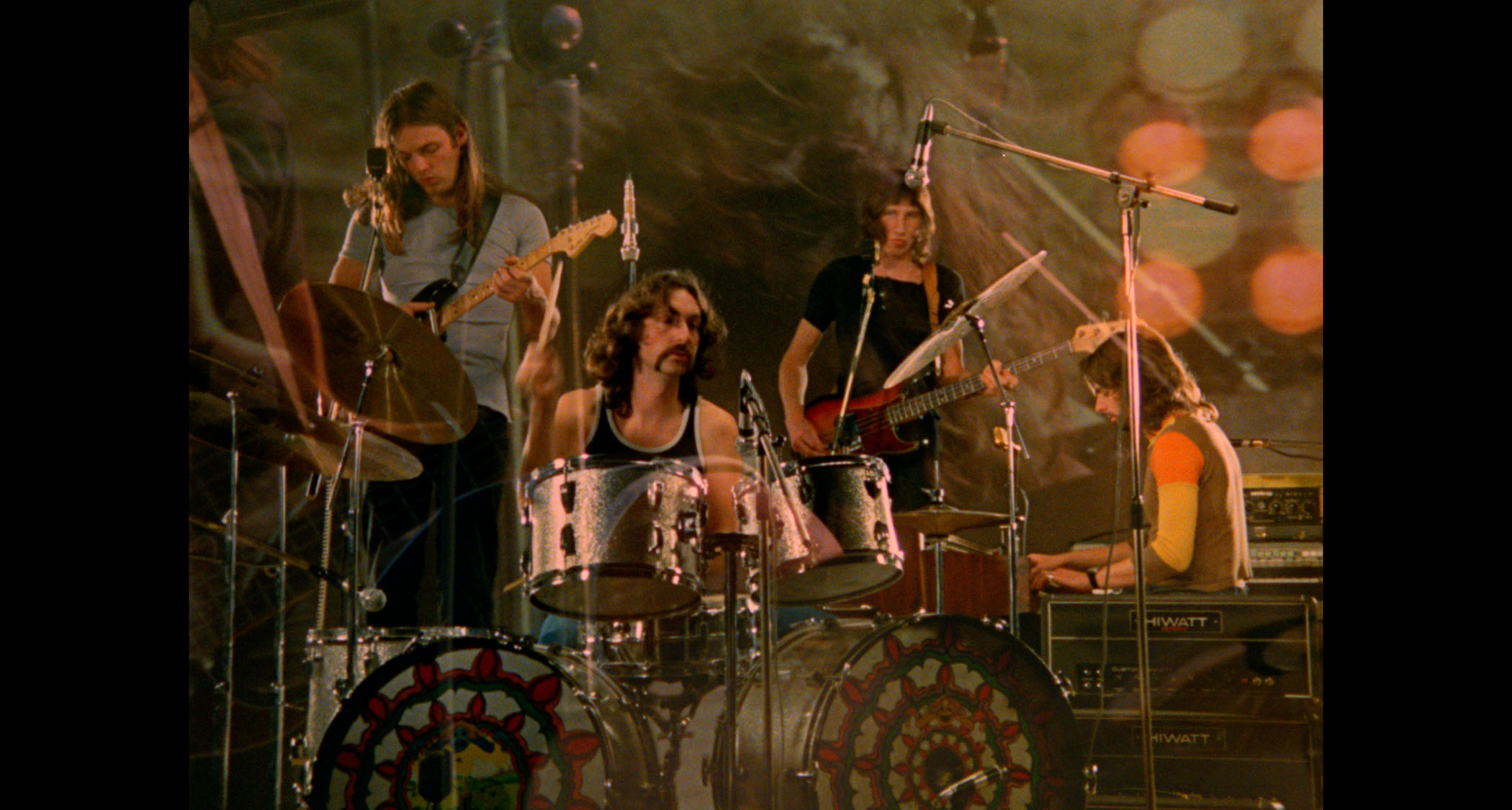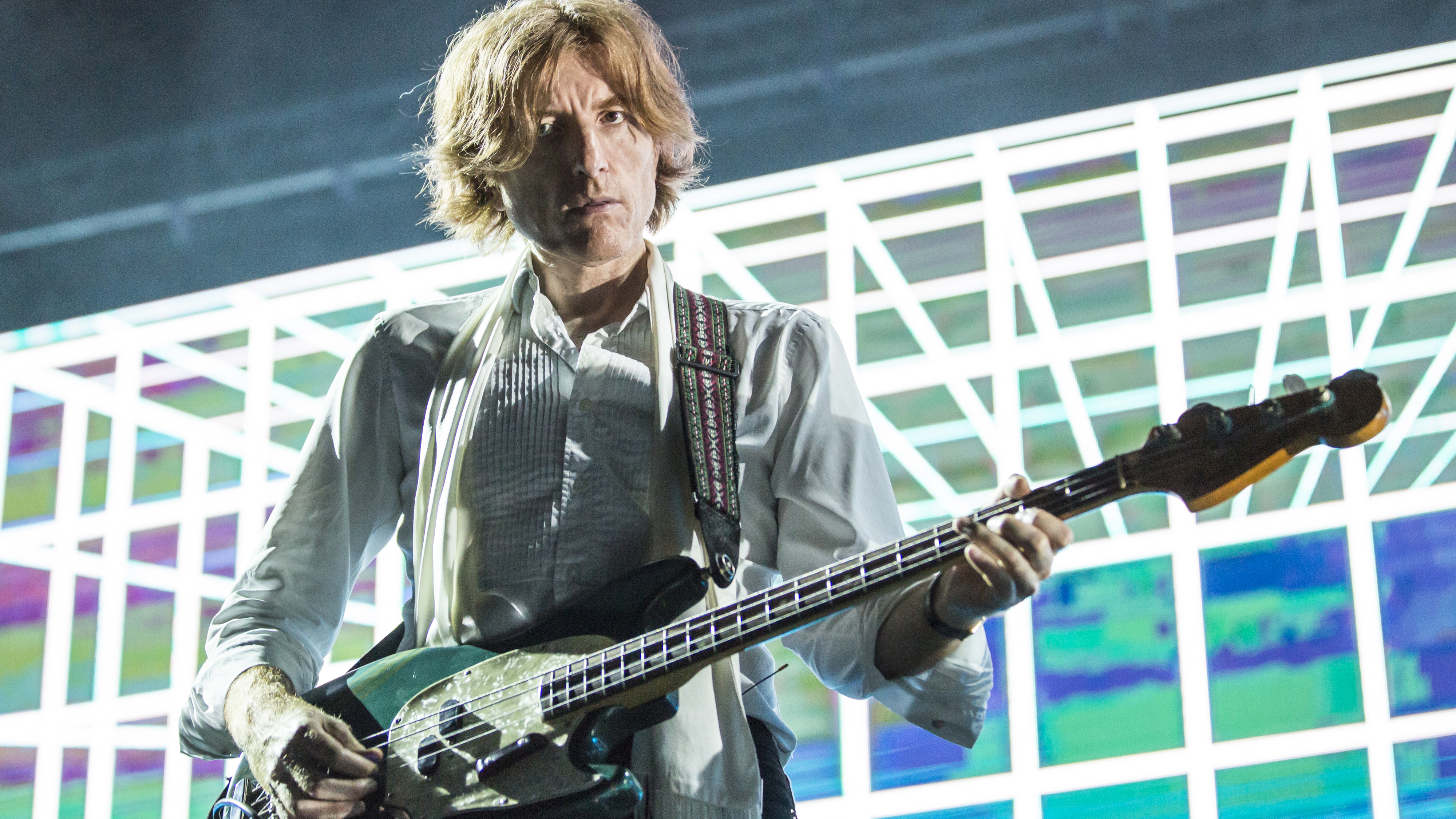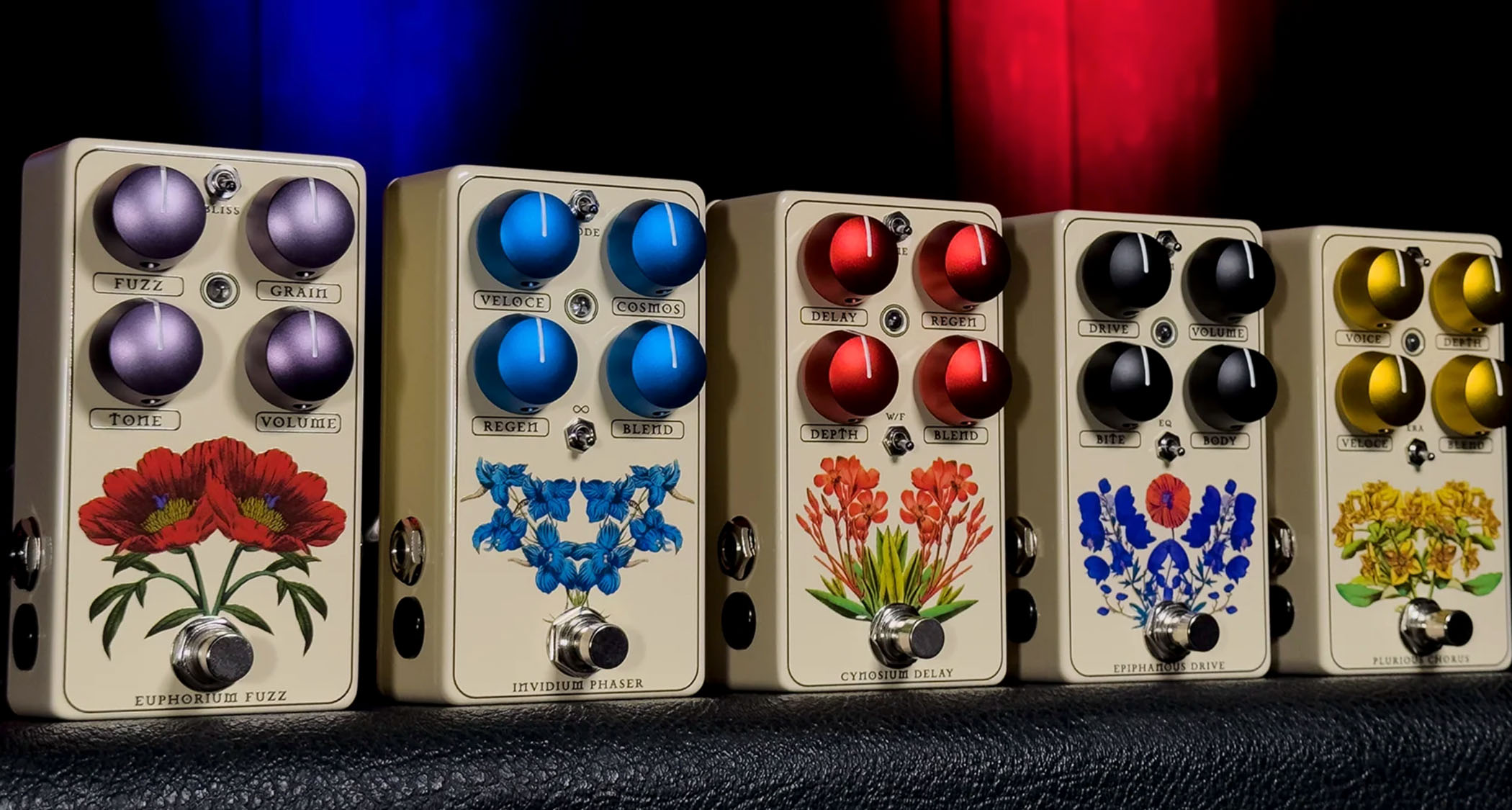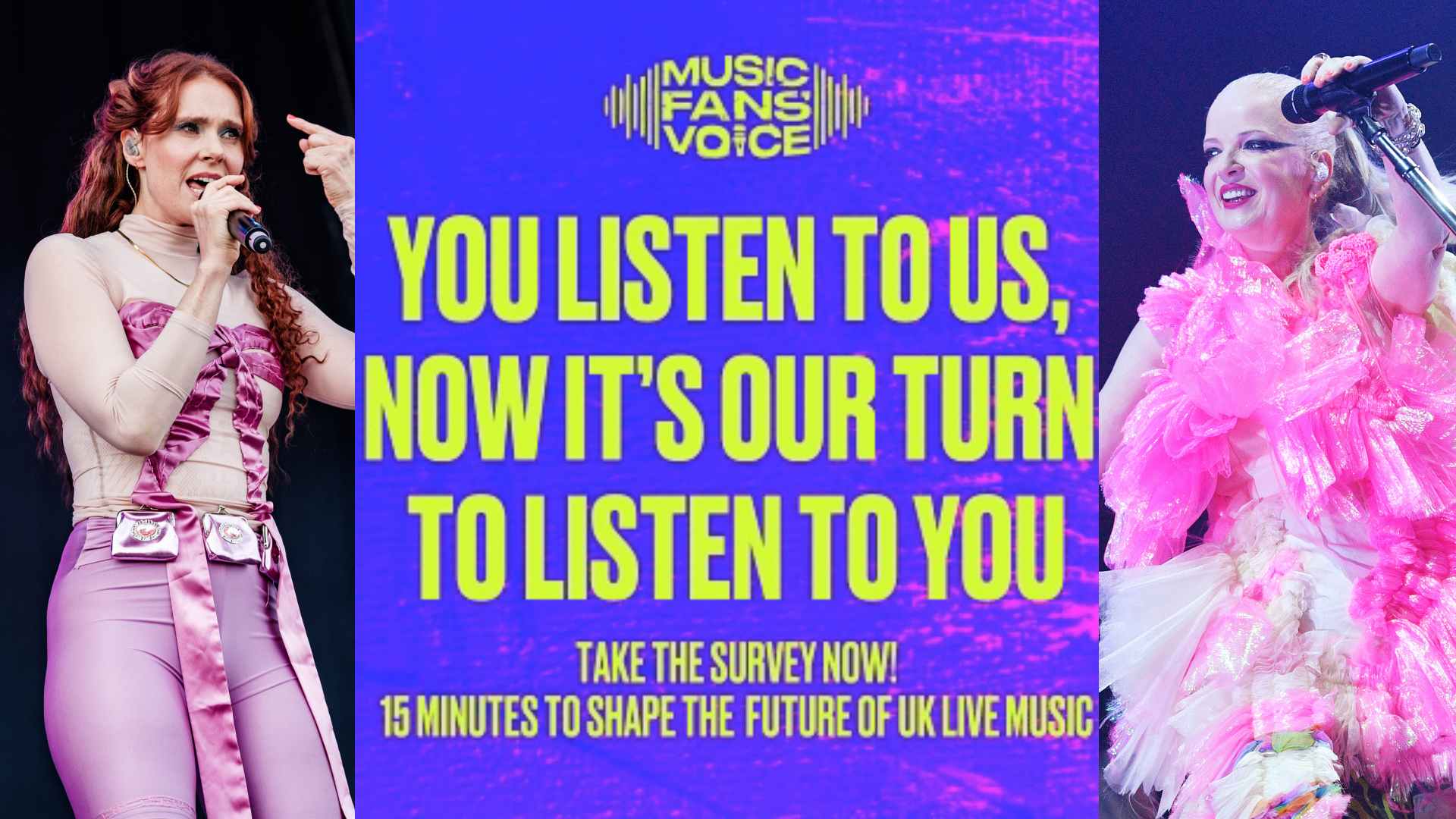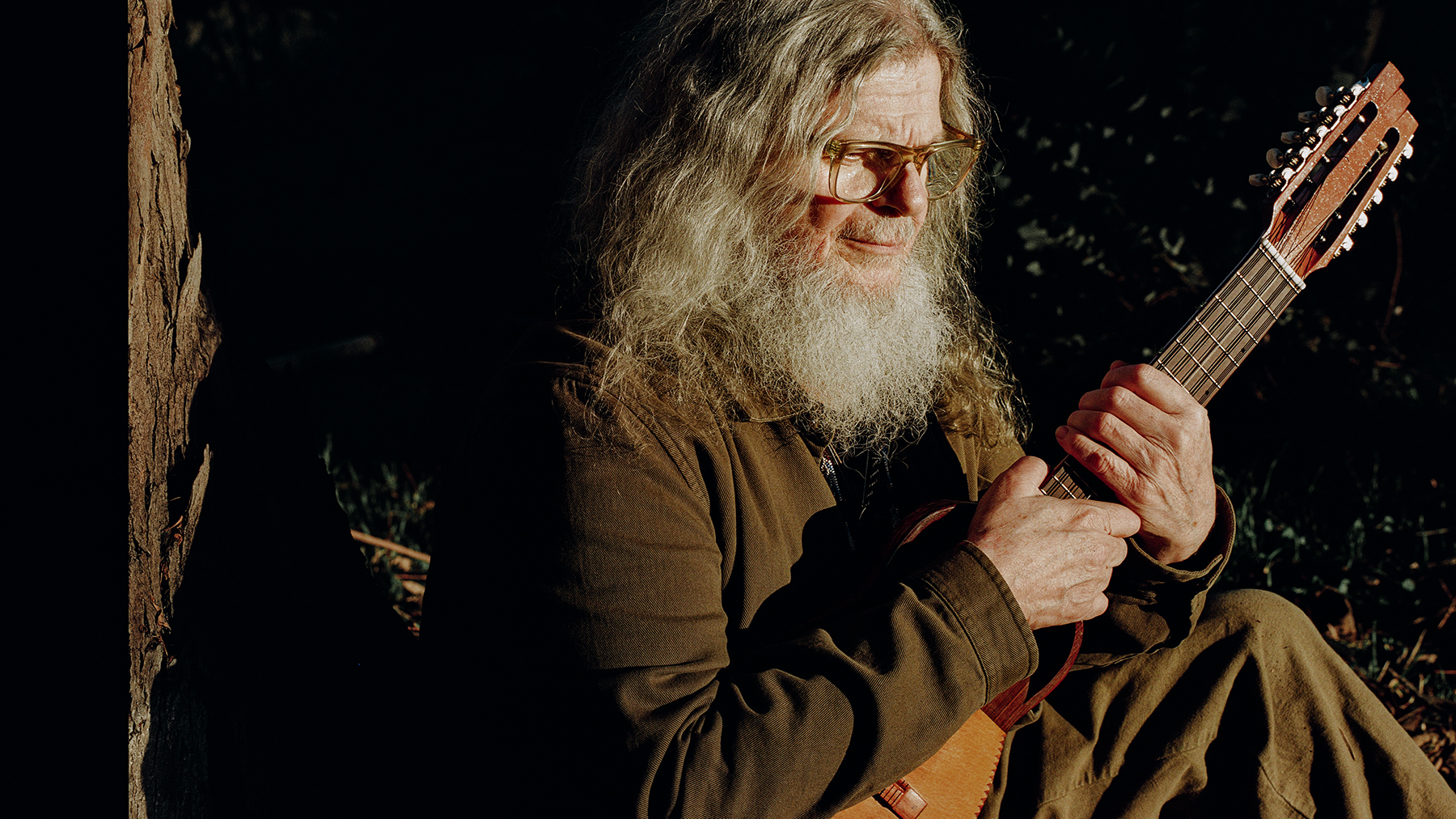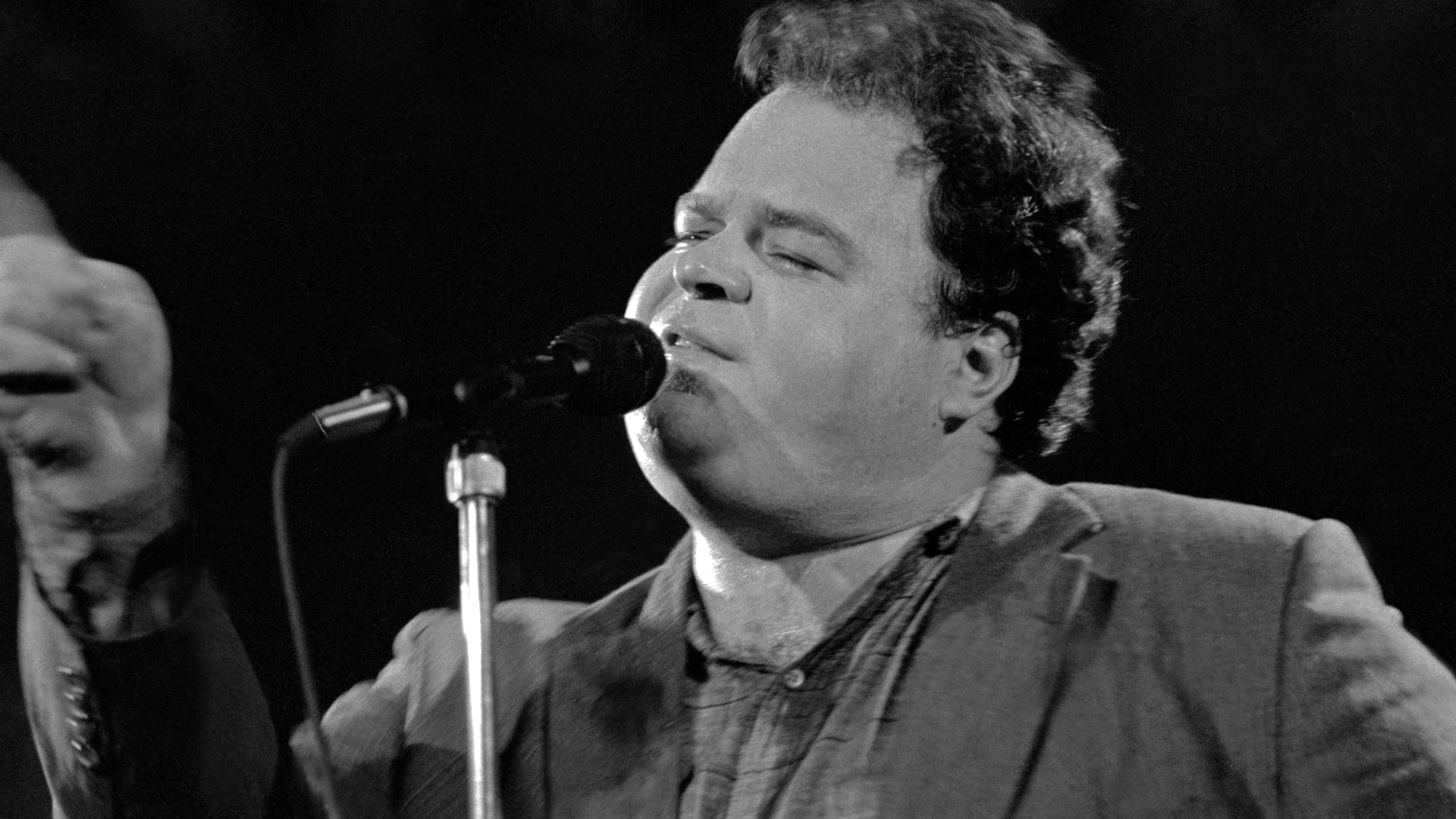Paul Rodgers talks Free, Bad Company and Paul Kossoff
"After leaving Free I didn't play All Right Now for 20 years."
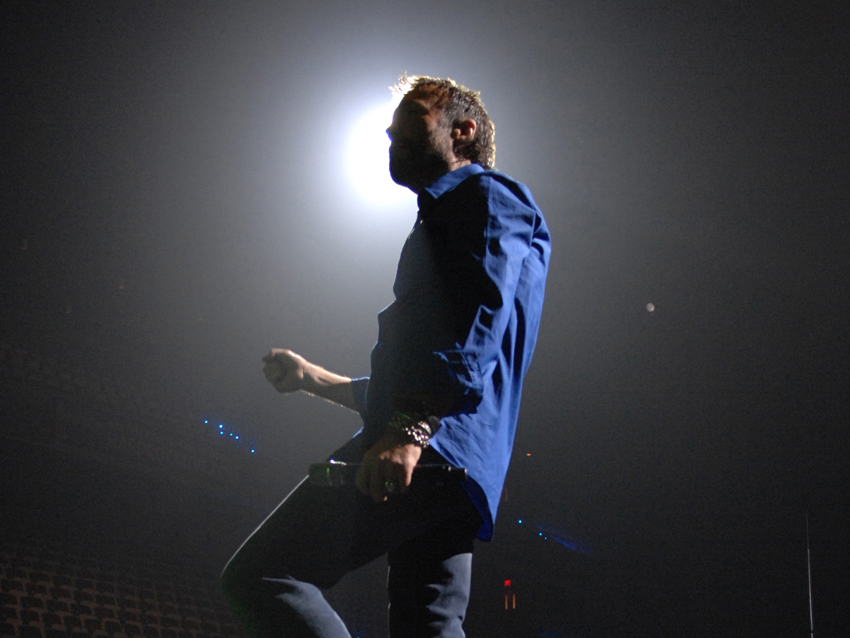
Paul Rodgers talks Free, Bad Company and Paul Kossoff
He’s the blues-loving Brit with the voice packed with soul, who fronted two of the greatest rock bands the world has ever seen.
Paul Rodgers has a frighteningly impressive CV, from finding fame as a fresh-faced teenager with Free, to hitting even greater heights with Bad Company before going on to work with everyone from Jimmy Page and Gary Moore to Slash and Queen.
Basically, there's not a whole lot that he //hasn't// achieved in his 45-year career. As he prepares to head out on the road with his Royal Sessions project, we spoke to Paul about his incredible time at the top...
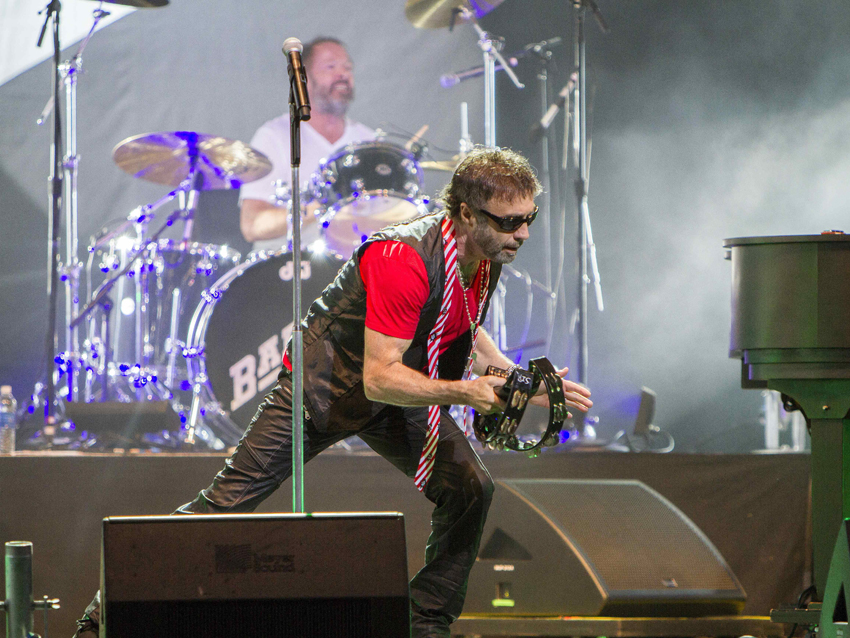
Free/All Right Now
“The funny thing was that at the time that we wrote All Right Now, Free regarded ourselves as an underground band.
"That was the buzzword at the time and we were quite happy with that. Wherever we would go we would pack the place out. They weren’t big places, they were clubs of about 500 or maybe 1,000. We went all over England and Europe and we wrote this song as an underground band that became one of the most commercial songs, and it took us all by surprise. We didn’t quite know how to deal with it. It was a shock to the system.
“Any band will say that they’re working towards success, but when it hits you that suddenly it can be a bit of a culture shock. It’s amazing that I can still include that in the set now and it still has a vibe and a connection. I’ll keep it in the set for as long as it does.
“After leaving Free I didn’t play All Right Now for 20 years. It was 1996 when I returned to it. I was touring the Muddy Waters Blues album and had Jason Bonham in the band, and the band loved All Right Now. I’d be playing blues and they’d be behind me going, ‘Lets play All Right Now,’ and I’d say, ‘No, this is a blues tour!’
“Then the audience picked up on it and they were shouting for it. Eventually, I was standing in this club realising that it was only me that didn’t want to do All Right Now. We did it and it was amazing how fresh it had remained. It’s an old song but it’s brand new when you play it because of the energy you inject into it. It’s like the first time every time for me.”
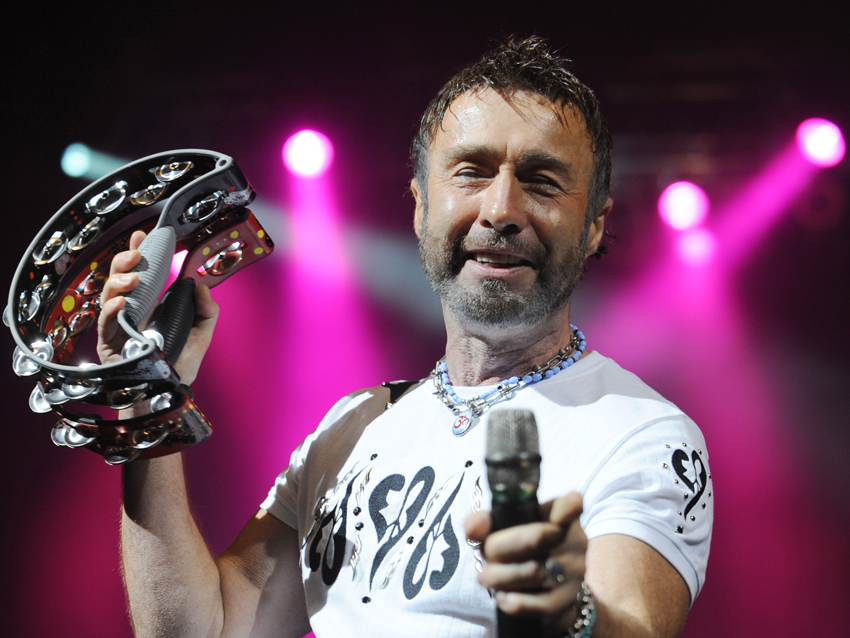
Bad Company
“I learnt a lot from Free. We didn’t have a manager and we kind of did need one. We needed someone to help us with the business.
"We were signing contracts to Island Records and off they ran with our publishing and they still have it to this day. That’s a little galling to be honest and it means they own the masters and all that stuff and they will do what they want with them.
“I would recommend any young artist to read the contracts. I know it’s laborious and nobody does it but if you don’t you will suffer the consequences. I was just watching a documentary about the Dave Clark Five. He was a fantastic businessman and kept all of the publishing. Everyone else, even The Beatles got ripped off with their publishing. It shouldn’t happen, but it does.
“[Bad Company and Led Zeppelin manager] Peter [Grant] was fantastic. He would deal with all of the business, all we had to do was go in the studio and make the music. We were fine with that, that was amazing for us. He organised great tours for us with private planes and all of that stuff. We got all the rock star treatment with limousines on the tarmac and all of that. It was great.
“We started out at 99 in the charts when we started that first Bad Company tour and by the time the tour had finished we were number one. It was meteoric. The success we had was fantastic. When I look back I see that as an amazing thing to go from one band to another. Usually people only get one shot. I just felt that we could do it.”
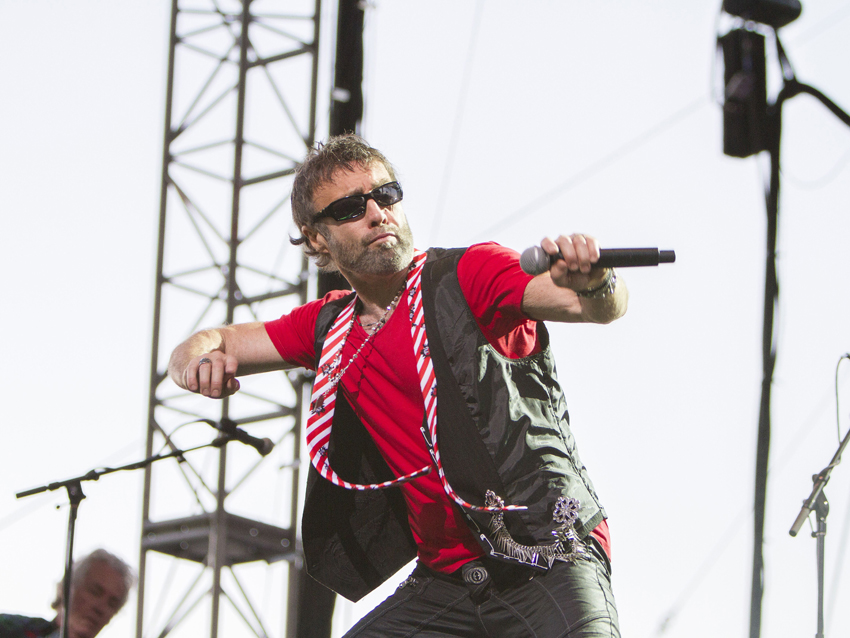
The Firm
“Jimmy [Page] is fantastic. He’s an unbelievable player, out of this world.
"The Firm really started with our songwriting. I had a studio in London and Jimmy would pop by and see what was going on. I was recording an album called Cut Loose at the time. We started to jam in the studio, as musicians will, and he brought round a piece of music on a cassette recorder, if anyone remembers those!
“It was a musical piece that he wanted me to put some lyrics to and that turned into Midnight Moonlight Lady which we worked together on. That’s how we started writing together and it went from there. We got a call from Eric Clapton’s management and they were organising Ronnie Lane’s Arms charity tour for Multiple Sclerosis. They had heard we were in the studio and asked if we would put a band together to play.
“We did, and did about half an hour of pretty much all original material. Jimmy got a taste for it and he really wanted to be on the road. I had come off the road at that point and I was reluctant to go back on the road. So we agreed to pay together for two years, making two albums, tour them and then that would be it. That’s what we did and we remain the best of friends.”
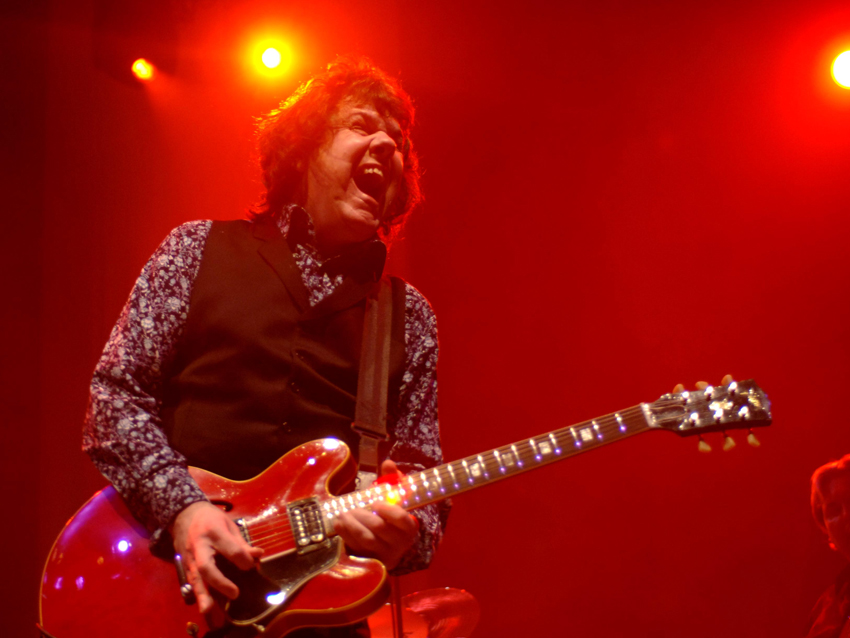
Gary Moore
“I loved Gary Moore, we were always going to do something down the line.
“He came and played with me at the Albert Hall for a jam session out of the goodness of his heart really and it was fantastic. We were always going to do something more together. We were just too busy and didn’t get around to doing it before we lost him. That was a shame.”
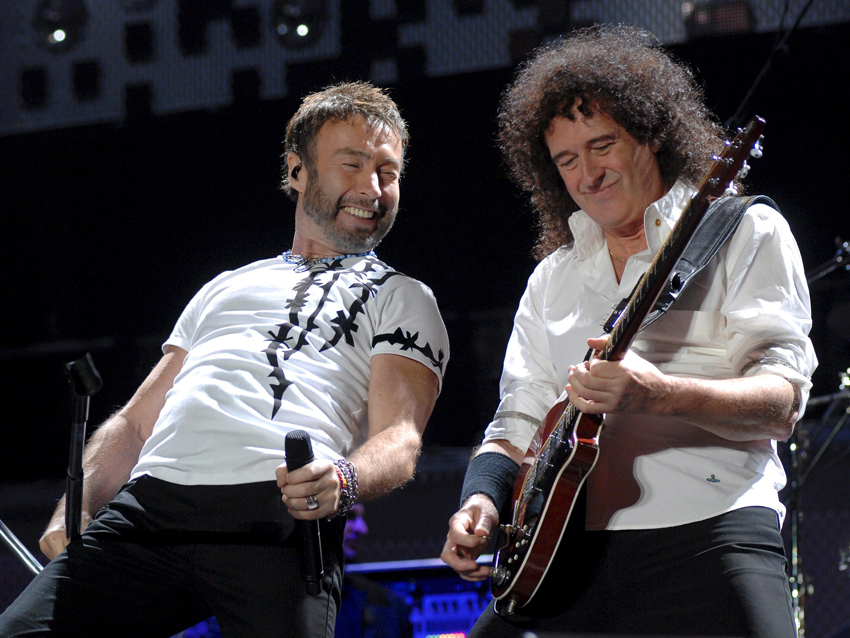
Queen
“Doing the Queen thing might have been daunting for me if I’d realised what I was getting into.
"I got into it because there was a TV show and they wanted to play live and I needed a band, so they were my backing band for All Right Now and I was their singer for We Will Rock You.
“We enjoyed it so much that we said we’d do some more and that some more turned into four years. It was very exciting, I really enjoyed it but at the end of two years we had toured the world twice, done DVDs, an album and it felt like time to move on. It was great to resurrect the band and they then felt that they could tour again.”
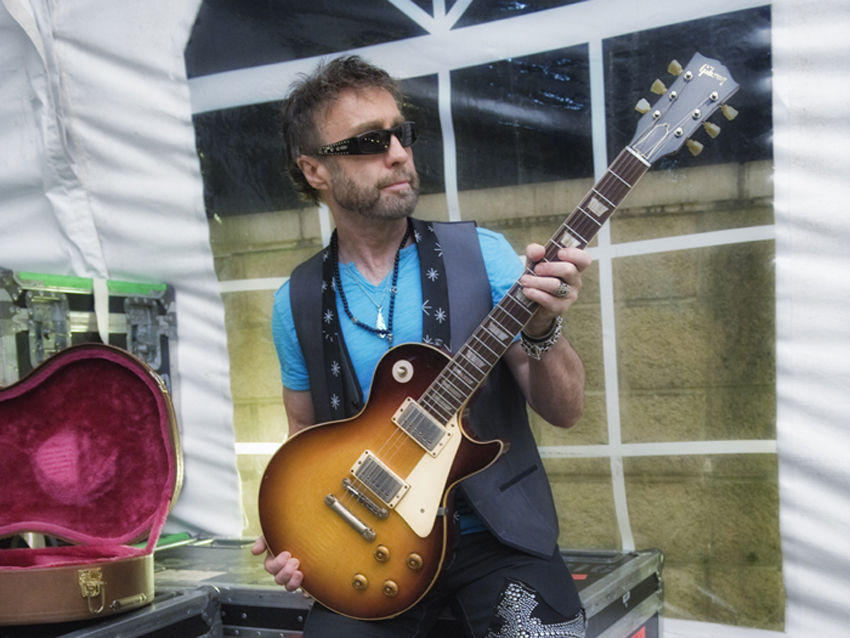
Koss's Gibson
“I purchased Koss’s Gibson [Les Paul] '58 sunburst after he passed. I bought it for sentimental reasons and not because it was a great investment.
"I called a couple of shops and they said I shouldn’t be paying as much as I did, but I wanted to have it for Koss really.
“I always wanted to be able to give something back to Koss in some way. David Kossoff, his father ran a drug rehabilitation charity and I gave it to Sotheby’s to auction a few years ago, and all of the proceeds went to the charity. A gentleman in New York brought the guitar and he brings it out for shows when I play in New York.
“He calls it the CKR guitar, for Clapton, Koss, Rogers, because it had belonged to Clapton and he traded it when we toured with Blind Faith. It’s a beautiful guitar, it almost plays on its own. You plug it into a Marshall stack and it howls. It’s an amazing guitar and reminds me of Koss. It brings a tear to my eye. Dear Koss, he played every note like his soul depended on it.”
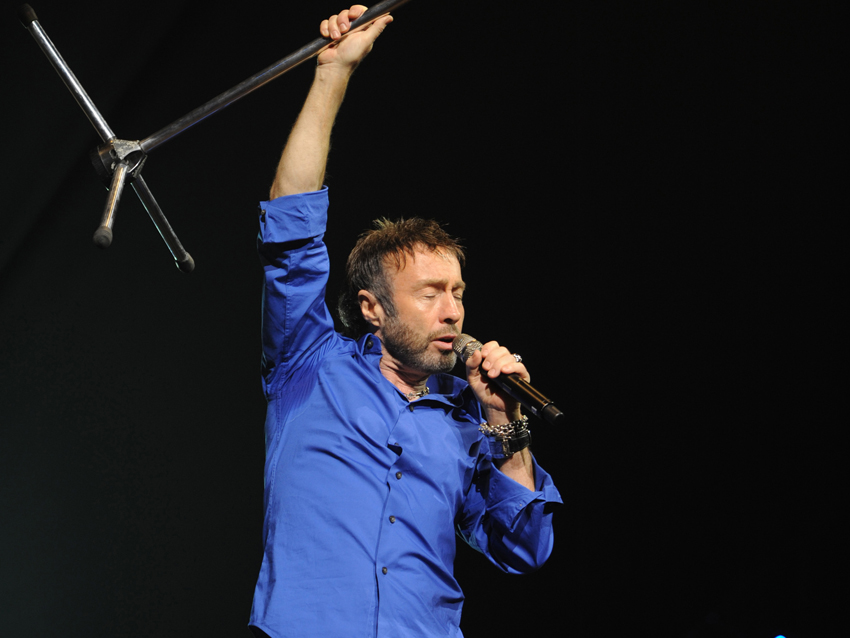
Bad Company's revival
“The fans have been fantastic, through whatever I’ve done. The fans were unbelievable last year when we went out with Bad Company. It was so good that we felt we should do it again this year. We don’t always do that.
“I only play 20-30 shows internationally each year and this year the shows will be in the US and Canada. I find by limiting the number of shows it keeps the music fresh and exciting for the band and the fans. I’m doing some shows solo and Bad Company.
"I’m also doing a show in Memphis and a show in New York for the Royal Sessions which we will be recording. The Royal Sessions album was such a success for us and we did it for the love of it. It’s all analogue and pretty much live in the studio. I thought it’d be really good to do at least a couple of shows.
For more information visit the official Paul Rodgers website, or connect with him on Facebook or Twitter.
Bad Company’s new documentary fanpack is out now
Rich is a teacher, one time Rhythm staff writer and experienced freelance journalist who has interviewed countless revered musicians, engineers, producers and stars for the our world-leading music making portfolio, including such titles as Rhythm, Total Guitar, Guitarist, Guitar World, and MusicRadar. His victims include such luminaries as Ice T, Mark Guilani and Jamie Oliver (the drumming one).
"There had to be some sort of telepathy going on because I've never seen spontaneous inspiration happen at that level”: The genius of Eric Clapton's controversial masterpiece, Layla
"I said, ‘What’s that?!’ He looked at me strange and said, ‘We’re line checking. We’ll be gone in five minutes’. I said, ‘You won’t - meet me in that room in 10 minutes’": How a happy synth accident inspired a US number 1 single for Terence Trent D’Arby
"There had to be some sort of telepathy going on because I've never seen spontaneous inspiration happen at that level”: The genius of Eric Clapton's controversial masterpiece, Layla
"I said, ‘What’s that?!’ He looked at me strange and said, ‘We’re line checking. We’ll be gone in five minutes’. I said, ‘You won’t - meet me in that room in 10 minutes’": How a happy synth accident inspired a US number 1 single for Terence Trent D’Arby

